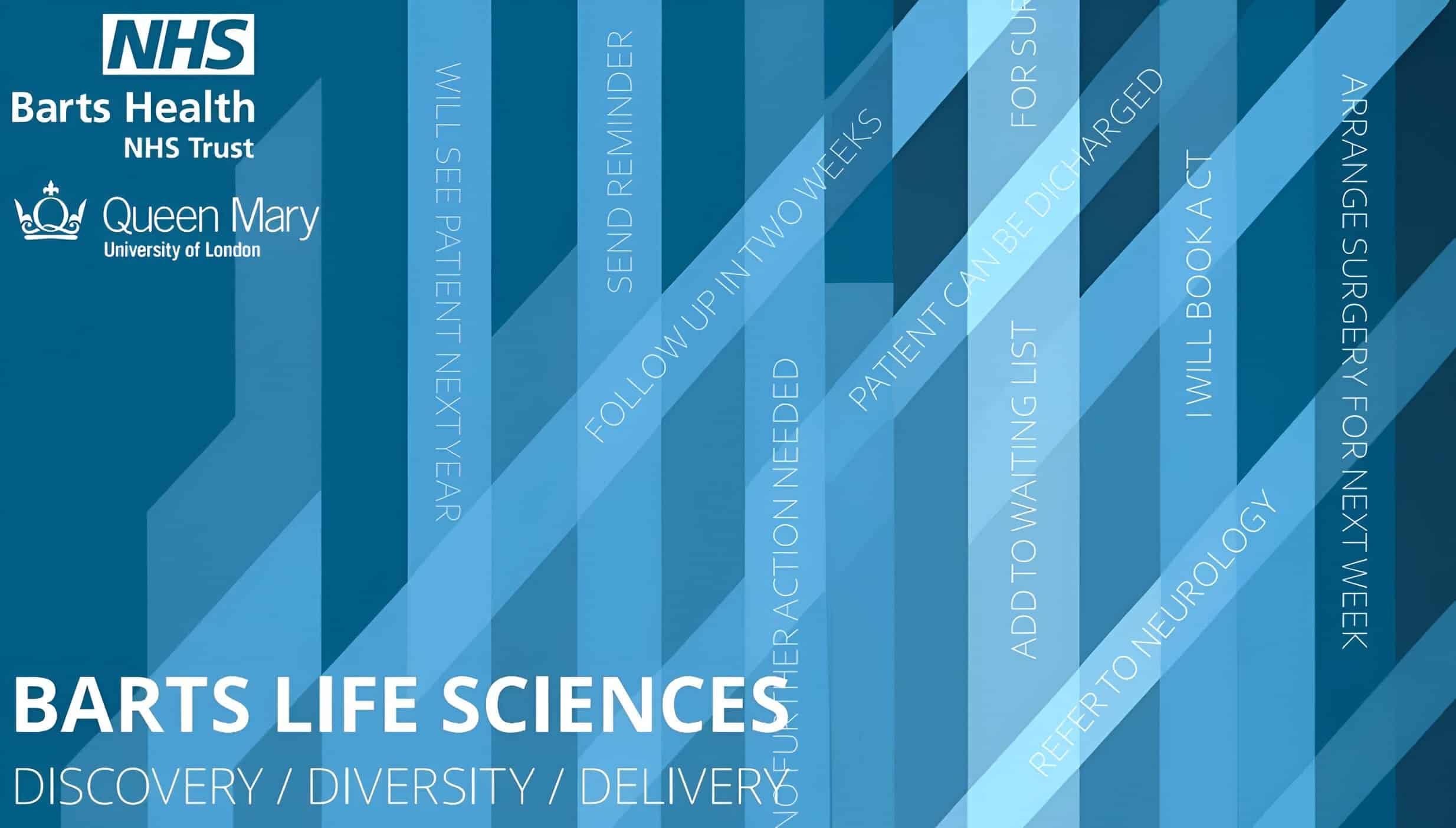How AI is Safeguarding Patient Care at Barts Health NHS Trust

Imagine a patient, whether just starting on a diagnostic pathway or already diagnosed with a chronic condition, missing a crucial procedure or follow-up appointment – the consequences can be significant, potentially leading to a delayed diagnosis or compromised care. Barts Life Sciences, in collaboration with Barts Health’s Business Intelligence Unit, has launched the TREAT project employing Natural Language Processing (NLP) to ensure patients don’t slip through the cracks.
The project tackles a critical healthcare challenge: identifying inadvertent deviations from treatment plans. These can sometimes be the result of unintentional clerical errors and can have severe repercussions, especially in high-risk services like cancer or cardiology. The TREAT system empowers healthcare providers to detect and rectify these issues swiftly, ensuring a more seamless and secure treatment process for patients in critical services. TREAT addresses this challenge by:
- Automating plan extraction: Using NLP, TREAT scans patient notes, extracting the intended care plan with over 90% accuracy, including referrals, follow-ups, procedures, and discharges.
- Proactive risk score: By comparing the extracted plan with booked appointments, TREAT assigns a level of prioritisation. High scores flag potential missed actions, prompting further investigation.
The results speak for themselves. The TREAT system was trialled in the congenital heart disease clinic at St Barts Hospital. Within six months, 1,500 clinic letters were analysed, identifying 16 patients who would have otherwise missed crucial follow-ups or tests. This proactive approach enabled swift interventions. For instance, one notable case involved a patient who, without the system, may have missed a crucial diagnostic appointment due to a clerical error. The oversight was promptly addressed ensuring timely and necessary care that positively influenced their health trajectory.
But the benefits extend far beyond patient safety. Staff have experienced a dramatic reduction in the administrative burden of tracking missed appointments. TREAT efficiently flags potential oversights, saving staff time and services money and allowing them to focus even more on patient-centric tasks. When asked about the TREAT project, Andrew Wragg, St Bartholomew’s Hospital’s medical director stated, “This innovative approach has the potential to make our services not only more efficient but also fundamentally safer.”
TREAT’s success signifies a crucial step towards a future where AI actively safeguards patient care. This pilot project paves the way for broader trialling and implementation across various specialities, offering a robust framework for adaptable risk assessment and error prevention. By leveraging the power of AI, TREAT will not only enhance patient safety and experience but also empower staff with valuable tools and an even greater focus on patient-centred care.

 Accessibility options
Accessibility options Translate the page
Translate the page